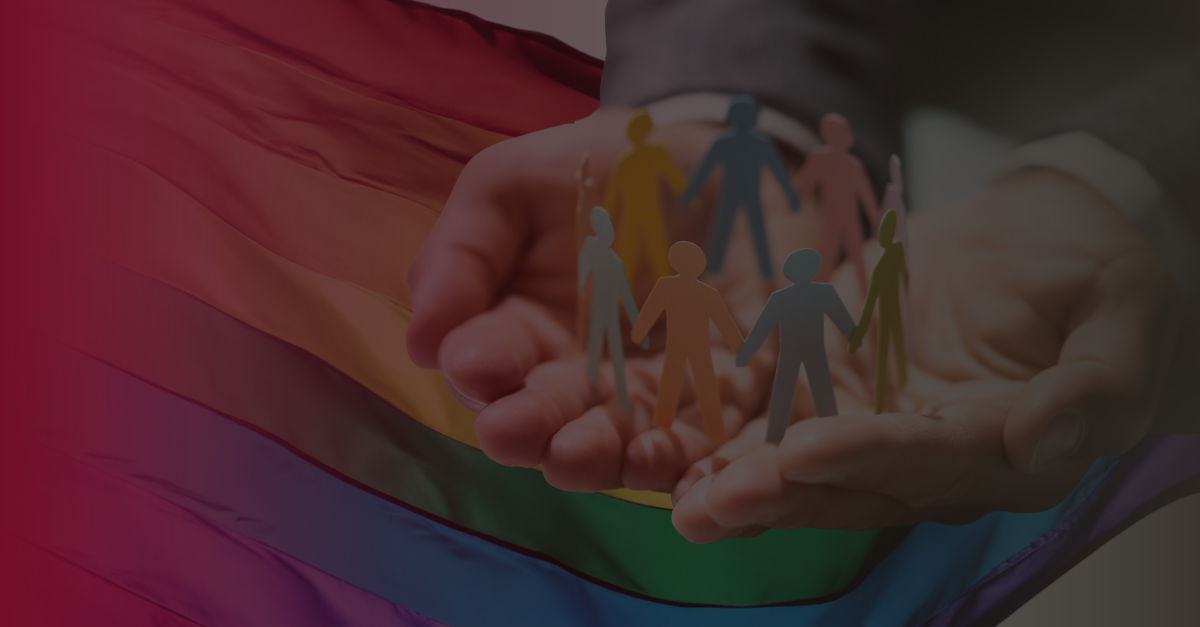For many gay men, the dream of building a family is now more attainable than ever. Advances in surrogacy, coupled with evolving legal frameworks and growing societal acceptance, have opened new doors for gay men to become parents. In Ireland, while the legal landscape around surrogacy is still developing, many are exploring international surrogacy options. This article delves into the latest advancements in surrogacy, the impact of recent legislation, and how these developments are shaping the future of family building for gay men.
The Evolution of Surrogacy
Surrogacy has come a long way in the past few decades. What was once a complex and niche process has now become a well-established option for family building, supported by medical, legal, and social advancements. For gay men, these advancements have made surrogacy a viable and increasingly popular path to parenthood.
Medical Advancements:
- Improved IVF Techniques: In vitro fertilization (IVF) has seen significant improvements, increasing the success rates of embryo implantation and healthy pregnancies.
- Genetic Testing: Preimplantation genetic testing (PGT) ensures that only healthy embryos are selected, reducing the risk of genetic disorders.
- Cryopreservation: Advances in freezing techniques allow for the preservation of embryos and eggs, giving intended parents more flexibility in planning their surrogacy journey.
Legal Advancements:
Supportive Legislation: Many countries have developed clear legal frameworks for surrogacy, providing protections for both the intended parents and the surrogate. This includes countries like the USA and Canada, which have become popular destinations for international surrogacy.
Social Advancements:
- Growing Acceptance: Increased visibility and acceptance of diverse family structures have created a more supportive environment for gay men pursuing surrogacy.
- Professional Support: Organizations like Growing Families offer extensive support and resources, helping intended parents navigate the surrogacy process and connect with reputable agencies and professionals.
The Impact of Recent Legislation:
In June of this year, the Assisted Human Reproduction (AHR) Bill was passed in Ireland. While the bill aims to regulate fertility treatments and surrogacy, it has left many in the LGBTQ+ community feeling excluded and disappointed. The AHR Bill, though a step forward in some respects, falls short in addressing the specific needs and rights of gay men and other LGBTQ+ individuals seeking to build families through surrogacy.
Key Issues with the AHR Bill and impact on Gay Men:
Until recently, existing laws have been borrowed to recognise the genetic father.
Ireland’s new laws will allow for the recognition of parentage only under certain circumstances. significant number of gay dad families will be excluded. For future arrangements, intended parents and the prospective surrogate will have to apply to a regulatory body for pre-approval. Such arrangements will need to be altruistic in nature and counselling will be mandatory prior to approval.
Ireland’s new surrogacy laws mean that legal parentage will only be granted in cases where the arrangement occurred in Ireland or other ‘prescribed’ jurisdictions which have been pre-approved. Such jurisdictions may include Canada.
Essential Resources for LGBTQ+ Irish Citizens Engaging in Surrogacy

Embarking on a surrogacy journey as an LGBTQ+ single or couple from Ireland, whether domestically or internationally, requires guidance and professional support. This article explores essential resources and support networks …
Read MoreNot all of the legislation has yet been passed and it remains unclear when and if this will occur, particularly if the government changes. It is also uncertain when the new Regulatory Authority will be established. Typically, such bodies take at least a year to set up.
Given the majority of surrogacy undertaken is with surrogates compensated above expenses, most arrangements will not be approved. The new laws will for most be unworkable. They even apply penalties to parents who engage in surrogacy which fails to meet these requirements.’
In reality, it is unlikely such penalties will be enforced. Other jurisdictions which have implemented penalties for engaging in ‘non-compliant’ surrogacy have shown themselves completely unwilling to police them.
So it is a shame that after so many years of deliberations, the Irish authorities have come up with laws that are so unworkable. It appears that instead, most Irish citizens will be forced to rely on the current status quo.
Moving Forward: Advocating for Change
To create a more inclusive and supportive environment for gay men and other LGBTQ+ individuals, it is crucial to advocate for legislative changes that address these gaps and provide comprehensive protections.
- Policy Advocacy: Engaging in policy advocacy to push for amendments to the AHR Bill that include specific provisions for LGBTQ+ individuals and comprehensive surrogacy frameworks is essential. This advocacy can help ensure that all families are recognized and protected under the law.
- Community Support and Resources: Community groups like Irish Gay Dads and professional organisations like Growing Families play a vital role in providing support and resources to intended parents. By offering guidance on navigating the legal landscape and connecting families with reputable agencies and legal experts, these organizations can help mitigate some of the challenges posed by the current legislation.
- Raising Awareness: Raising public awareness about the issues faced by gay men and other LGBTQ+ individuals in building families through surrogacy is crucial. Increased visibility and understanding can drive social change and support for more inclusive policies.
The future of family building for gay men is bright, with advances in surrogacy making the dream of parenthood more accessible than ever. However, recent legislation like the AHR Bill highlights the ongoing challenges and gaps in the legal framework that need to be addressed to ensure equal opportunities for all prospective parents. By staying informed, advocating for change, and seeking support from trusted organizations, gay men in Ireland and beyond can navigate the surrogacy process with confidence and optimism.